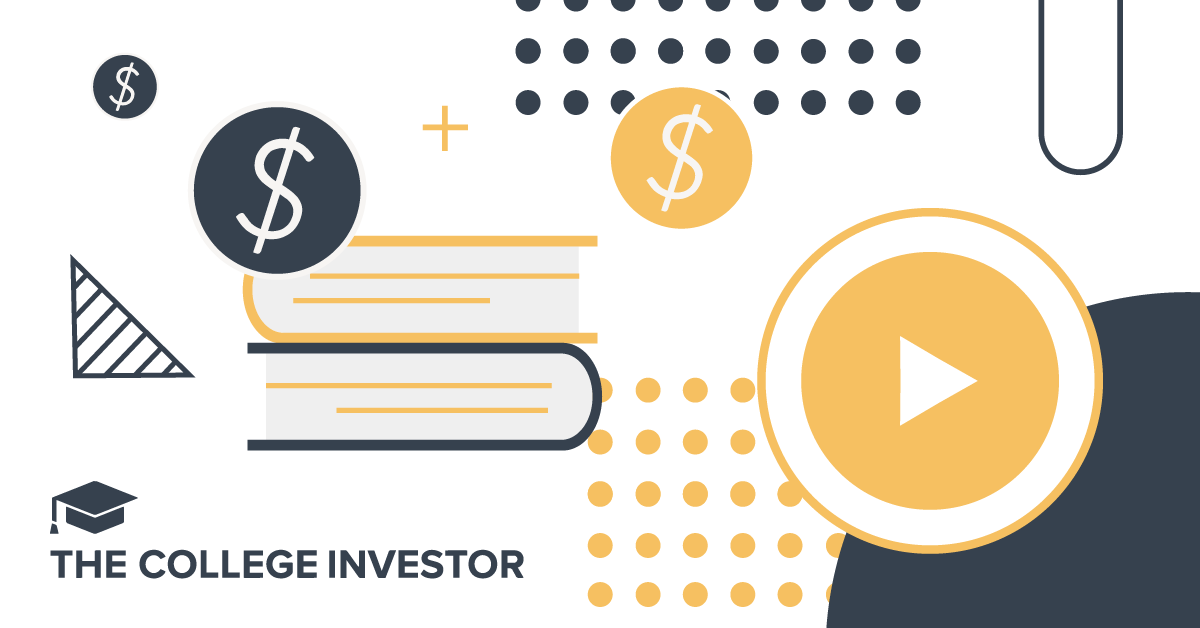Student Loan
Definition
A student loan is a type of loan designed specifically to help students pay for post-secondary education and the associated fees, such as tuition, books, and living expenses.
Detailed Explanation
Student loans are funds borrowed by students and, in some cases, their families to cover the costs of higher education, including undergraduate and graduate programs. These loans can come from various sources, including the federal government, state governments, educational institutions, and private financial institutions.
Federal student loans typically offer lower interest rates and more flexible repayment options compared to private loans, which are based on the borrower's creditworthiness and may require a co-signer. Student loan repayment typically begins after the student graduates or drops below half-time enrollment, with grace periods allowing for a transition period before the first payment is due. Interest may accrue on these loans during school and deferment periods, depending on the loan type.
Understanding the terms of a student loan, including the repayment schedule, interest rates, and potential for loan forgiveness, is crucial for effective financial planning and debt management.
Example
A student borrows $15,000 in federal student loans at a fixed interest rate to pay for tuition and books at a four-year university, with repayment scheduled to begin six months after graduation.
Key Articles Related To Student Loans
Related Terms
Financial Aid: Various forms of funding provided to students to help cover education expenses, including grants, scholarships, work-study, and loans.
Subsidized Loan: A federal student loan for which the government pays the interest while the student is in school, during grace periods, and during any authorized deferment periods.
Unsubsidized Loan: A federal student loan that accrues interest from the time the loan is disbursed until it is paid in full, including while the student is in school.
Consolidation: The process of combining multiple student loans into one single loan with a new interest rate and repayment terms.
FAQs
Can student loans be forgiven?
Yes, under specific programs such as Public Service Loan Forgiveness, certain conditions can lead to loan forgiveness.
What's the difference between federal and private student loans?
Federal student loans are funded by the government and offer fixed interest rates and flexible repayment options, while private student loans are provided by private lenders with terms that can vary widely.
How do I apply for a student loan?
For federal student loans, students must complete the Free Application for Federal Student Aid (FAFSA). For private loans, applications are made directly to the lender.
Are there options if I can't afford my student loan payments?
Yes, there are several options, including income-driven repayment plans, deferment, and forbearance, primarily for federal loans.
Editor: Colin Graves
